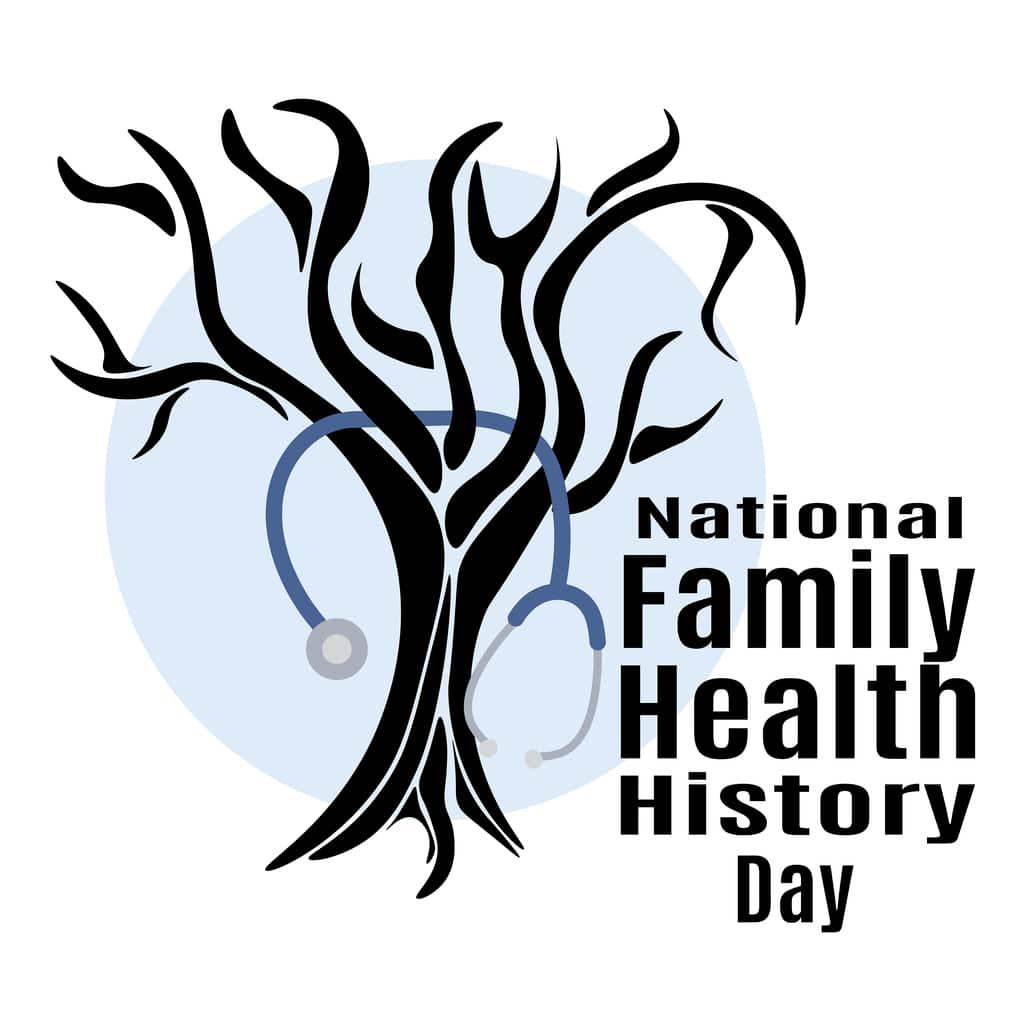UAB Medical West Blogs & News
Birmingham’s Premier Medical System
Blogs, News, Physician Spotlights, & More in Birmingham, AL
Stay Up to Date with Groundbreaking Research & Tips for Healthy Living at UAB Medical West
Holiday Stress Relief Tips Backed by Mental Health Experts
December 8, 2025
The holiday season brings together joy, celebration, and connection, but it can also create pressure…
Your Guide to Staying on Track With Nutrition This Holiday Season
December 8, 2025
Holiday celebrations bring festive meals, family gatherings, and special treats that many people look forward…
How to Talk About Your Family Health History
November 14, 2025
Your family health history tells an important story about where you come from and how…
Manage Diabetes with Nutrition: Guidance from UAB Medical West
November 14, 2025
Every November, American Diabetes Month shines a light on one of the most common and…



